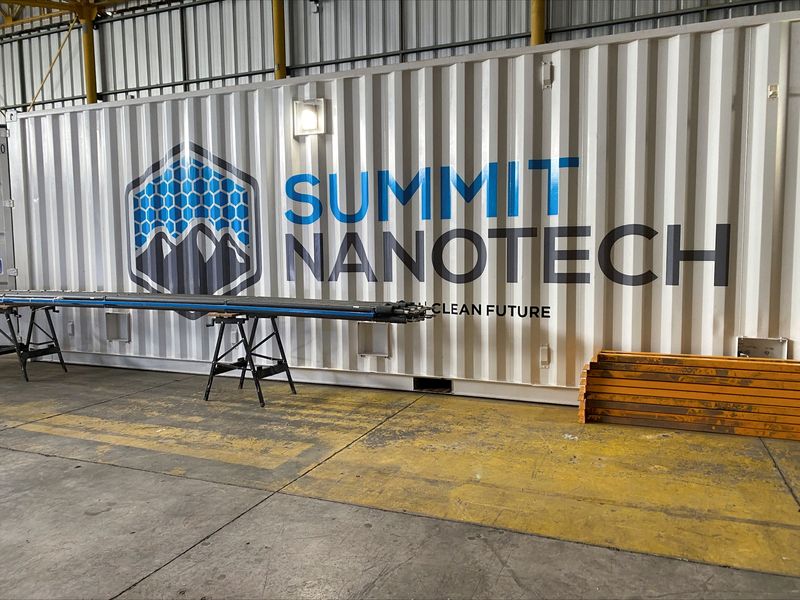By Ernest Scheyder
SANTIAGO (Reuters) -Chilean President Gabriel Boric's plan to nationalize his country's immense lithium industry is putting the spotlight on an emerging crop of filtration technologies aimed at revolutionizing how the metal is produced for the electric vehicle industry. In a national prime time address, Boric said last Thursday a new state-owned company would work to slash the environmental impacts of lithium production by shifting away from evaporation ponds, traditionally used to remove the metal from brine, in favor of direct lithium extraction (DLE).
While neighboring Bolivia, as well as General Motors Co (NYSE:GM), Rio Tinto (NYSE:RIO) Ltd and other companies, have made their own DLE bets, Boric's move represents the biggest vote of confidence to date in the commercially unproven suite of technologies given plans to deploy it across Chile's vast lithium reserves, the world's largest.
"This is the best chance we have at transitioning to a sustainable and developed economy," said Boric, a leftist 37-year-old elected in late 2021. DLE technologies are designed to extract the metal from salty brines in Chile's Atacama Desert and elsewhere in the world using filters, membranes, ceramic beads or other equipment that can typically be housed in a small warehouse. While multiple companies are working to develop competing versions, the broad promise of DLE is a boost to global lithium production with a footprint far smaller than open-pit mines and evaporation ponds often are the size of multiple football fields and unpopular with local communities. Many DLE technologies use lots of potable water and electricity. None have yet to work independently at commercial scale. If Chile could help one or more DLE technology succeed, it would cement the country's dominant role in the global lithium and EV industries for decades to come.
"The devil is in the details, but it's a great opportunity for technological innovation of brine processing, either way," Chris Berry, an independent lithium industry consultant, said of Boric's plan.
SQM and Albemarle (NYSE:ALB) Corp, Chile's two existing lithium producers, use evaporation ponds to produce the metal. Both are studying DLE, though neither have deployed it. Livent (NYSE:LTHM) Corp uses a variation of DLE technology in Argentina alongside evaporation ponds. "Now that regulatory bodies are forcing the issue, it's only going to speed up the innovation and commercialization," said Teague Egan, CEO of privately held EnergyX, which is building a DLE test facility in northern Chile and has a development project with GM.
The goal for Boric and the DLE industry is to extract lithium from brine and reinject what is left back underground, in a closed loop process that does not affect water tables. "Boric recognizes you can't just evaporate all the water and wreck the geological structures," said John Burba, who helped pioneer one DLE technology in the 1970s and is now CEO of International Battery Metals Ltd, which builds portable DLE plants. Lake Resources NL, Vulcan Energy Resources Ltd, Renault SA (OTC:RNLSY), Stellantis NV are also supporting DLE projects. Lake Resources is working with Bill Gates-backed Lilac Solutions Inc to deploy Lilac's DLE technology in Argentina. Lilac also plans to install a DLE test facility in Chile in coming weeks, said CEO Dave Snydacker.
"DLE is a great way for Chile to expand production in an environmentally friendly and scalable way," said Snydacker.

Several prominent short sellers in recent years have alleged that DLE technologies from Lilac and Standard Lithium Ltd do not work, charges the companies have strongly denied.
In Chile, DLE companies see a business opportunity despite the nationalization plans given that Boric's new state lithium company is expected to need technical support. "Nationalization or not, they'll require technology," said Amanda Sanregret of privately held Summit Nanotech Corp, which earlier this month opened a Santiago office and DLE test facility.